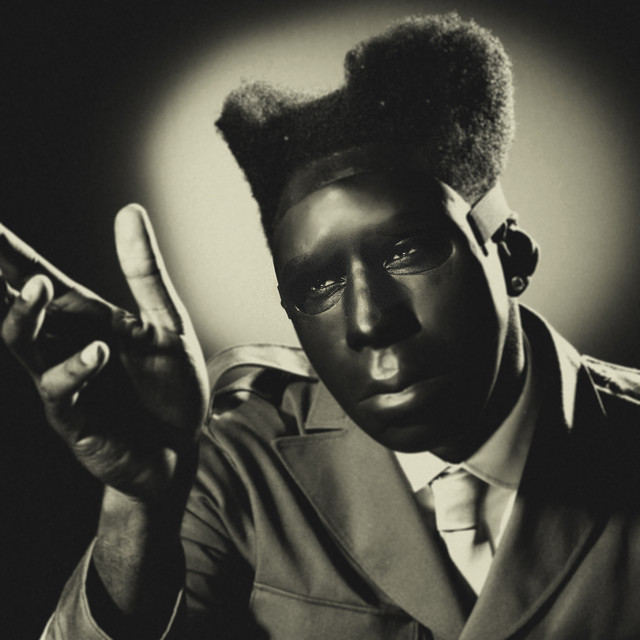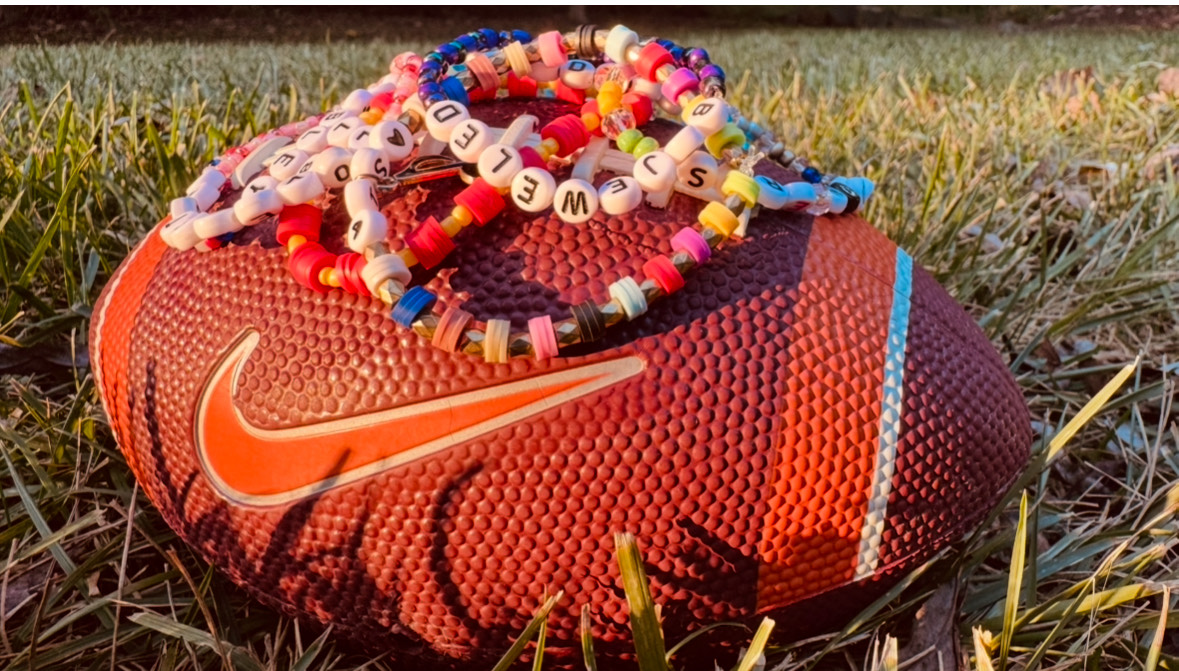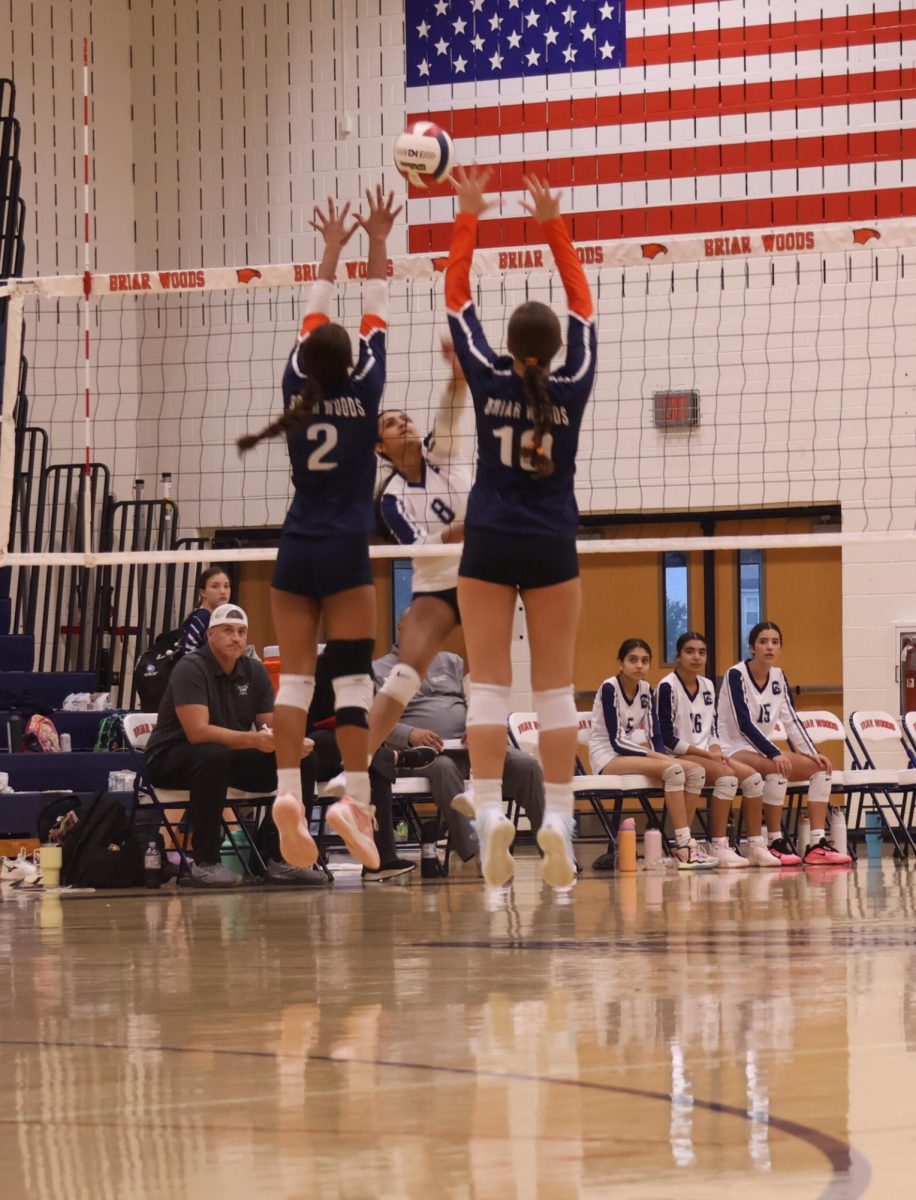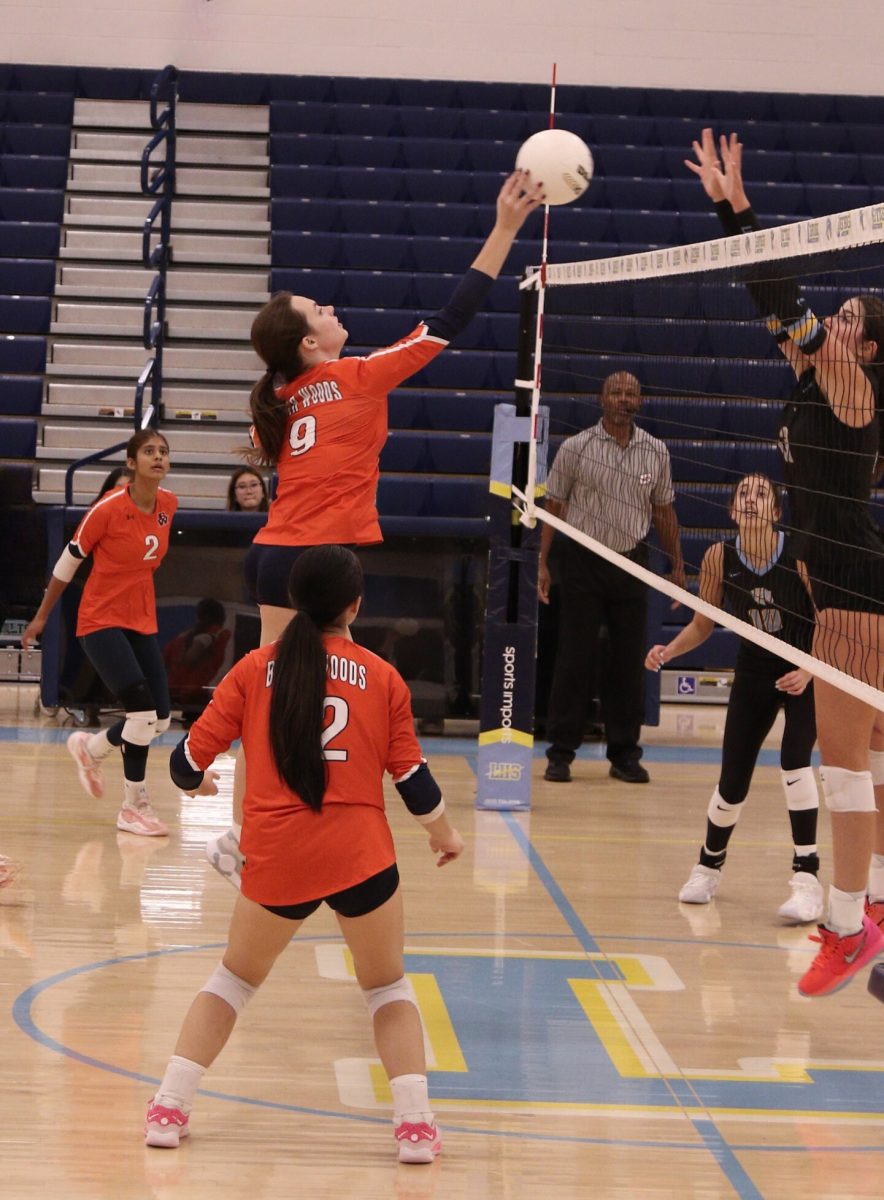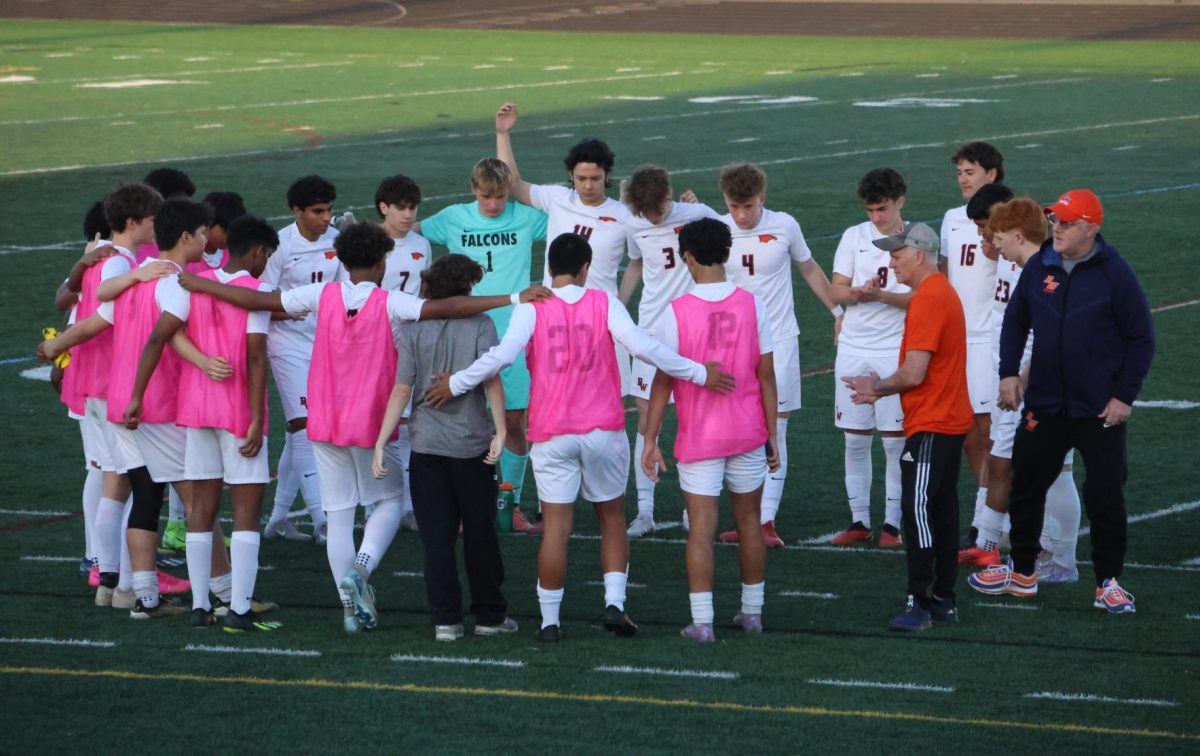The number of girls playing tackle football grew by 15.6% in just the 2023-2024 season alone, according to a recent study from the National Federation of State High School Associations. This statistic is more than just a number; it’s a testament to the growing interest and participation of young women in football. A traditionally male-dominated game, with rituals passed down from father to son, is now being shaped by a new generation of players. Women and girls are not just cheering from the sidelines; they are actively contributing to the sport’s culture, and its future. This movement is not just a passing trend—it’s building a more inclusive and welcoming foundation for a sport that has long been resistant to change.
The presence of pop culture figures like Taylor Swift, whose relationship with Chiefs tight end Travis Kelce garnered national attention, has served as a spark for the shift. This phenomenon has brought up conversations about inclusivity and a more welcoming environment for everyone, from lifelong fans to those just discovering their passion for the sport.
“Being a fan is a slightly unhinged and a core part of the culture,” says Sarah Schiavo, a high school English teacher and lifelong Philadelphia Eagles fan. Schiavo, who became a “Swiftie” after the singer’s relationship with Kelce went public, initially found herself resisting the “girly” aspects of the new fandom. However, she quickly realized that the love for football should not be a “gendered thing.” She now believes that sharing a passion with a community is an “incredible experience for everyone, regardless of gender.”
This new wave of fandom has had a particularly positive impact on family dynamics. Schiavo recalls how watching football with her own father created some of her most cherished memories and notes the new opportunities for dads and their daughters to bond over the sport. This sentiment is echoed by Rebecca Bastos, a freshman student who began following football last year. Bastos believes the increased presence of new fans has made football more welcoming, despite some negative reactions. She notes how focused Swift looks when watching the game, and challenges the misconception that female football fans aren’t ‘true fans.'”
Growth Beyond the Stands
The impact of this cultural shift extends far beyond the stands and into the field. The growth of flag football, especially for women and girls, is seen as a powerful step toward gender equality. The National Federation of State High School Associations (NFHS) reported that participation in girls flag football surged to 68,847 athletes in the 2024-25 school year, an impressive 60% increase from the previous year. This rapid expansion is a reflection of the growing popularity and accessibility of young girls involved in flag football.
“It’s just great for girls to play the same sports as boys and not feel like they are excluded from the sport,” Bastos said of the growth of girls’ flag football at her school, and she finds it inspiring to see other girls participating in sports they were traditionally excluded from. Bastos believes a desire for gender equality is what motivates them, and she feels that her school could play a bigger role in creating that welcoming environment in both football and flag football for girls.
Beyond the headlines of celebrity romance, there are other strong, well-spoken female role models in the sports world. Schiavo specifically mentioned ESPN’s Erin Andrews, reporter Alona Marr, Kylie Kelce, and basketball star Caitlin Clark as examples of women who are serving as positive influences. Her advice for aspiring female athletes is simple: “Show the cool people doing it.” She suggests highlighting awesome athletes like Marr who are already successful to provide positive platforms for aspiring female athletes.
The Road Ahead
This new era for football is about more than just celebrity romance; it’s about a complete redefinition of the game itself. The rise of women, from passionate fans to elite players, is not just dismantling outdated stereotypes—it’s building a stronger, more inclusive foundation for the future. The movement is proof that strength, skill, and strategic thinking belong to no single gender.
Women and girls are not just playing a sport; they are writing the next chapter of football history and enacting a lasting change that promises more gender equality in the years to come. As this movement continues, the next generation of football fans and athletes will be a reflection of a sport that has finally opened its doors to everyone.

















